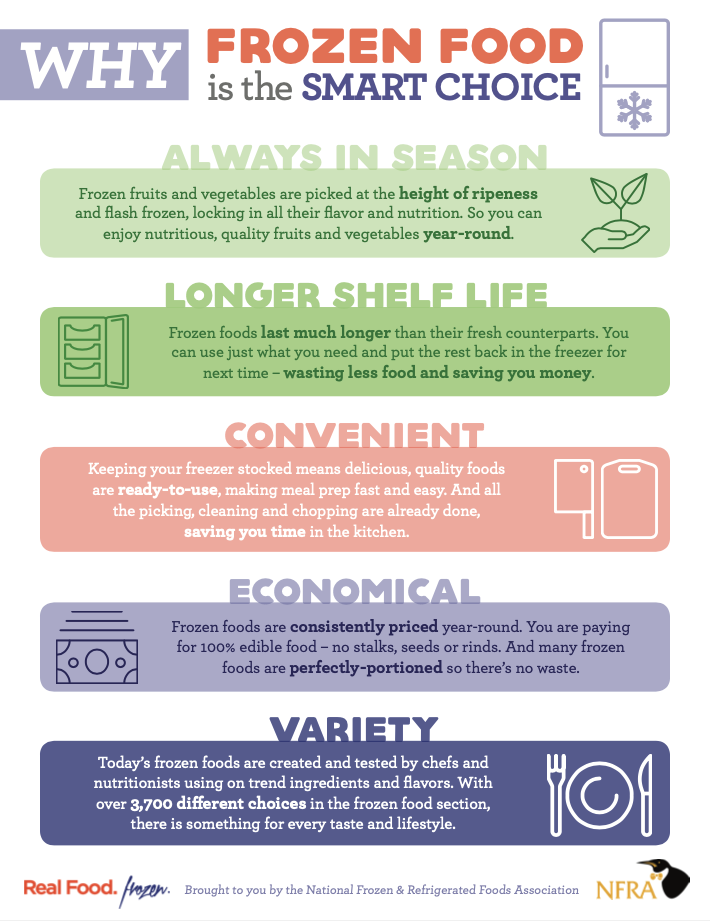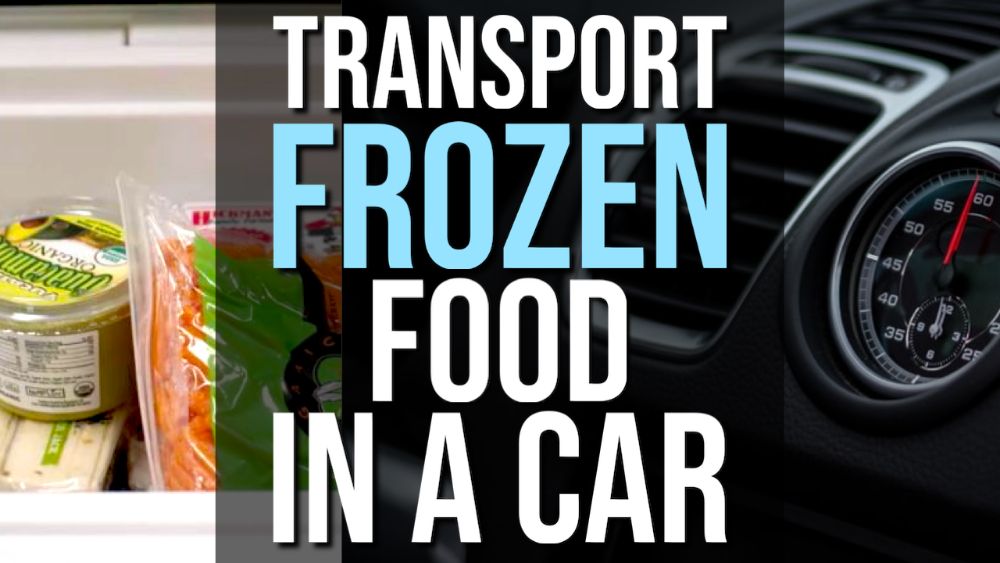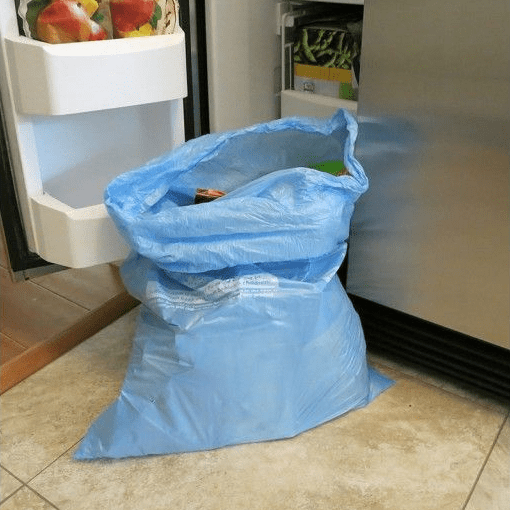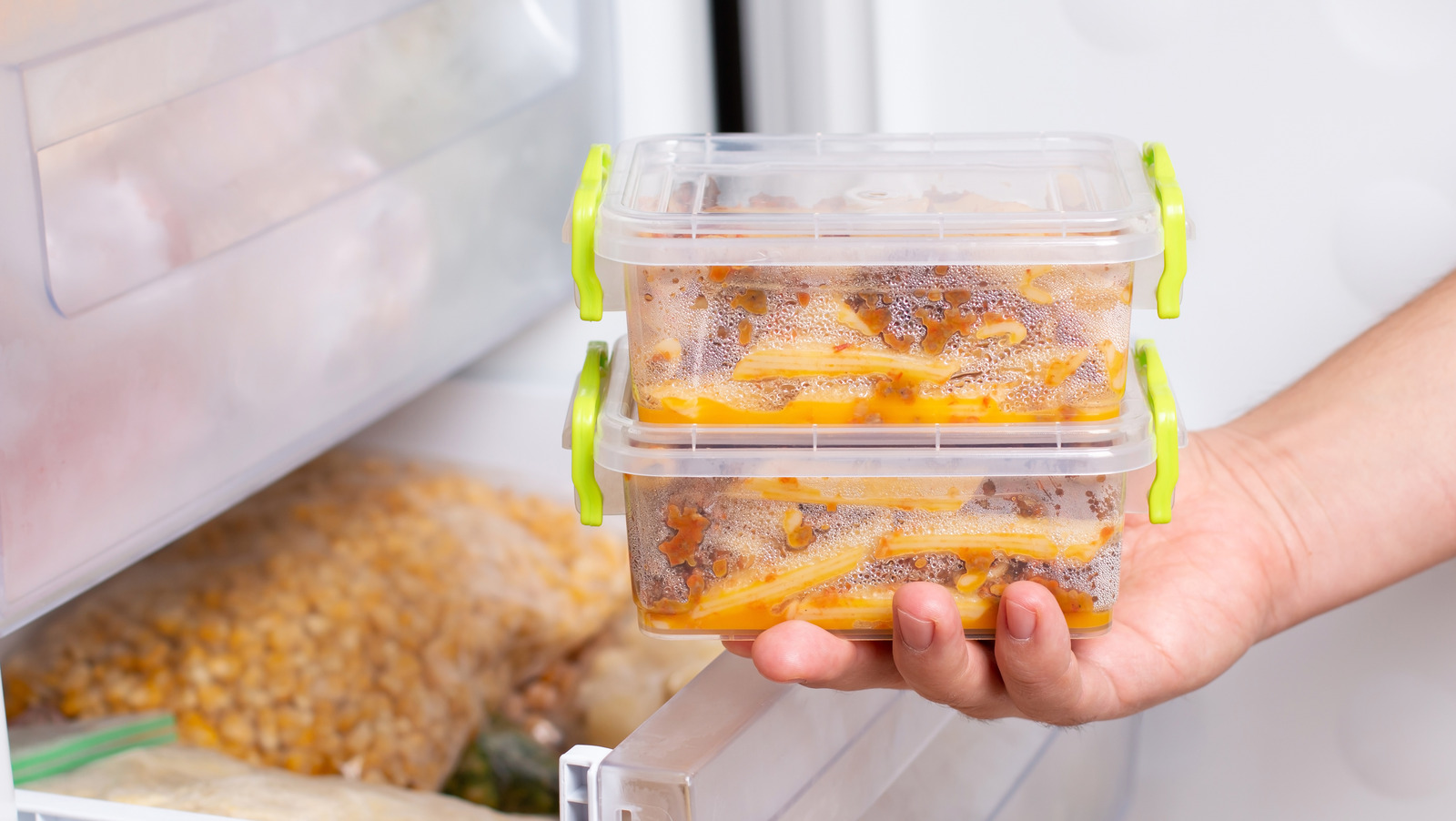Spectacular Info About How To Keep Food Frozen
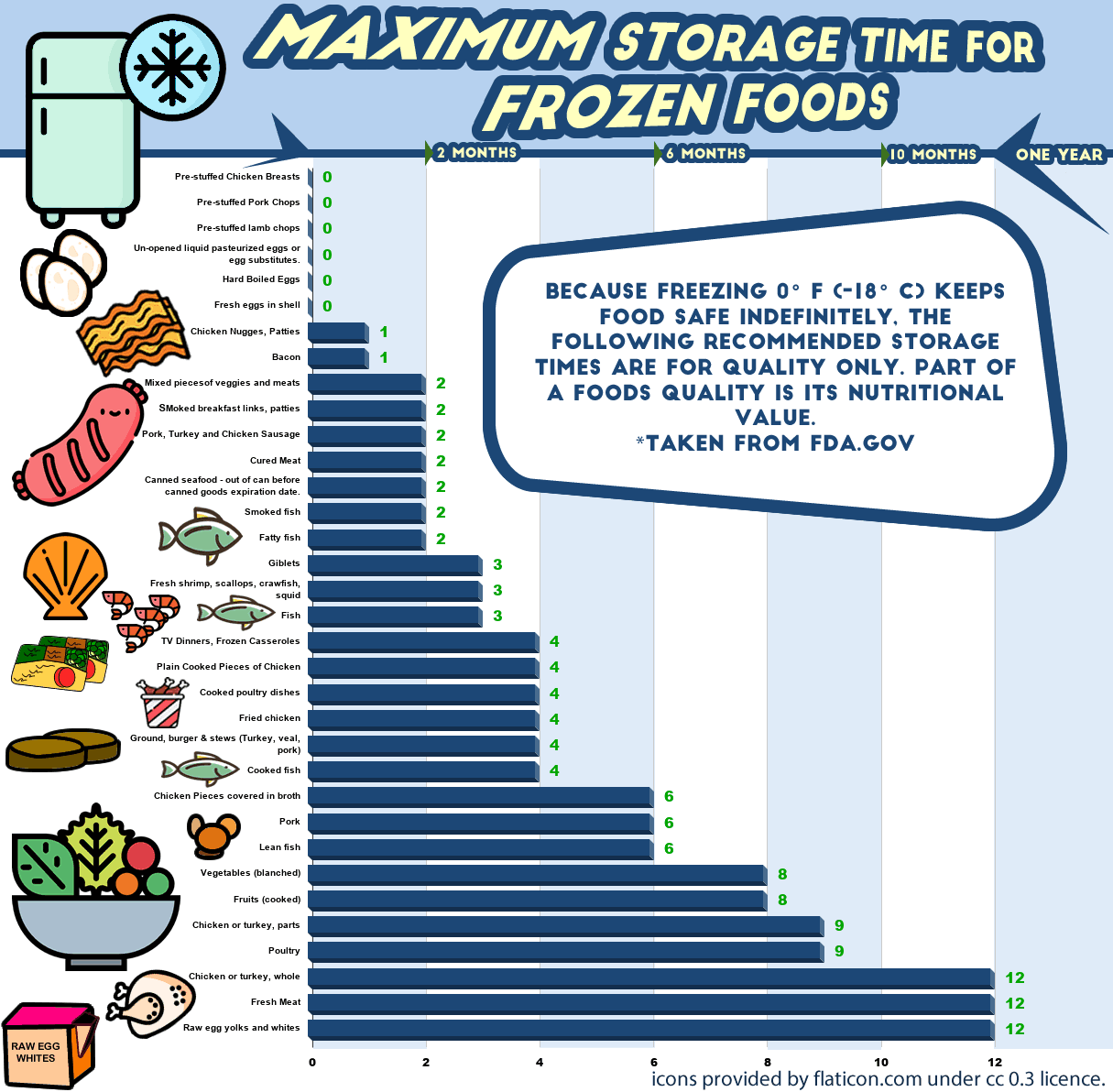
You can return it to your normal setting once the emergency has passed.
How to keep food frozen. When foods start to thaw, the roads will likely be too dangerous for driving. Choose the right packaging for your food make sure to choose the right packaging for your food. Block or dry ice is ideal for keeping your freezer cold for longer periods.
Direct sunlight can thaw your food even in cold weather. Dry sausages may be smoked, unsmoked or cooked. How to keep frozen food while traveling:
To prevent foodborne illness, uncooked sausages that contain ground beef, pork, lamb or veal should be cooked to 160°f. As long as the air temperature is less than 32f, your foods should stay frozen. Essential bags to keep food frozen while traveling 1.
Remember not to put the food in the car trunk or the warm sections of the car. Pack your frozen food in a way that makes sense. Knowing that there will be a problem is key here.
(once food is out of. You can also wrap the watertight plastic bags with bubble wrap for extra protection. Keep it on the top shelf of an upright, or on a pan in a chest freezer, and it will help keep your food frozen.
First, you want to wrap your frozen food items with watertight plastic bags, especially for items prone to leaks if damage occurs during transit. If you’re planning on storing a large amount of food, you will want to invest in some containers that have enough space and are sturdy enough to handle the weight of your frozen goods. Keep a thermometer handy to check the temperature regularly.
How to keep food frozen in a cooler? What’s the right temperature to keep my freezer at? Staple ingredients what to know before freezing food is freezing food bad?
Using a thermos or thermal cooker or using dry ice are also good ways to keep food frozen for longer. This will help you determine the type. Uncooked sausages that contain ground turkey and chicken should be cooked to 165°f.
Can i use regular ice to keep frozen food frozen? Set your freezer to 0° f. A freezer next to a refrigerator will keep food frozen for even less time.
Check the temperature of your food before eating it. Use saltwater or ice packs designed to stay colder than ice.

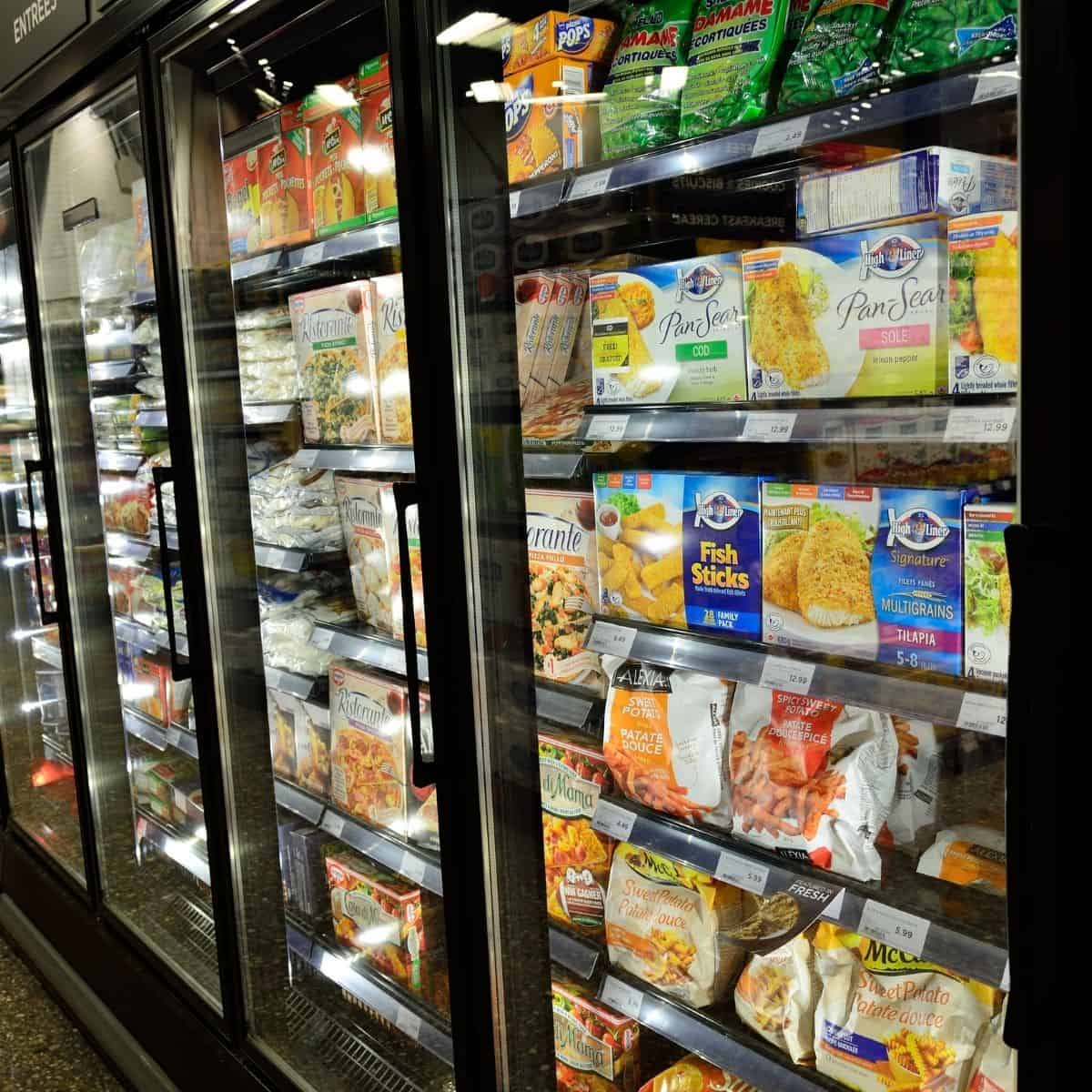
/frozenveggiesbelchonock-a8f2210d6f09465783e13a1f1528b2b6.jpg)


